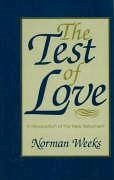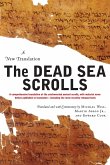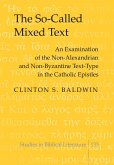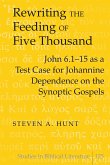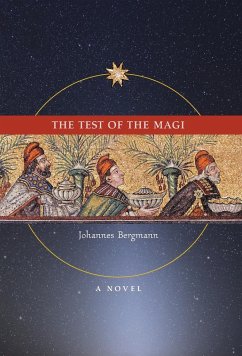We are approaching the end of Christianity's second millennium, an anniversary likely to provoke renewed interest in Christian values. In The Test of Love: A Revaluation of the New Testament, Norman Weeks offers the most provocative reconsideration of Christianity since Nietzsche's The Antichrist. Standing wholly outside the sectarian and dogmatic confines within which much biblical criticism has been conducted, and advancing beyond the "Bible is bunk" theme of recent skeptics, The Test of Love is directed not toward the question of the truth of Christianity's doctrines, but toward the problem of the worth of its values. The temporal, cultural, and intellectual distance separating modern society from the historical Jesus makes it difficult, if not impossible, to reconstruct the truth about him. All that remains in the gospel "biographies" are the values that Jesus taught, most notably love. While we cannot, therefore, apply a test of truth to the gospels, we can apply a test of love to those New Testament values that have shaped the lives of Christians for nearly 2,000 years. In The Test of Love, Jesus of Nazareth is recognized as a rare historical type of genius, the values revolutionary. Confronting the Establishment of his own day, Jesus reaffirmed some traditional values, repudiated others, and asserted certain innovative values, among them social alienation, antifamilialism, antisexualism, and apocalyptic anxiety. Jesus also preached such values-in-action as pacifism, poverty, charity, and the willingness to martyrdom. From those values emerged a severe discipline which Jesus imposed on his followers. It was that discipline, not the subsequent faith and doctrines, that constitutedthe original Christianity. The cult that arose after the death of Jesus is examined from the New Testament evidence. Dispelling the traditional romantic idyl of the early Church, Weeks portrays the first Christians as disputatious and divided by faction, thus setting the stage for the ideological intolerance that has since plagued the history of the West. The role of Paul, too, is revalued. Far from being a co-founder of the Christian religion, as commonly alleged, Paul was, in fact, a saboteur of the values revolution of Jesus of Nazareth. The Test of Love, then, is a thorough, systematic, and comprehensive treatment of Christian values. From the context of superstition that was the world view of the New Testament authors, through the policies of the early Christians toward the Jews and Romans, to the impact of the cult upon the cosmopolitan world of the ancient Mediterranean, to the muddled legacy of Christian values in our own time, The Test of Love traces the roots, branches, and brambles of the Christian values system.
Hinweis: Dieser Artikel kann nur an eine deutsche Lieferadresse ausgeliefert werden.
Hinweis: Dieser Artikel kann nur an eine deutsche Lieferadresse ausgeliefert werden.

